The term PCOD has become much more familiar. Since it has become one of the most popular and common diseases affecting women of childbearing age, it is linked to several health issues. Recent research shows that 4 % to 20 % of females of reproductive age are diagnosed with PCOD world-wide.
Nowadays, women like you are forced to face some social stigma related to your health condition. You have to digest the fact that you are not alone and 1 in 10 women like you are affected with PCOD. A proper treatment with a fitting lifestyle can do wonders for you. Homoeopathy is such a system which concentrates on restoring your health through wonderful dynamic remedies and lifestyle methods. Homoeopathy is a holistic method of treatment which holds the theory of similimum. Come, let’s find more about PCOD and homoeopathic treatment for PCOD.
What does PCOD actually mean?
PCOD (Polycystic Ovarian Disease) is a health condition in which a woman’s ovaries produce too many immature or partially mature eggs that over time develop into ovarian cysts.
Causative factors:
PCOD actually have an unknown cause, but studies suggests that it may be due to the following reasons:
• Production of excess androgen
• Production of excess insulin
• Hereditary
• Low grade inflammation
How to diagnose it?
PCOD have high impact on endocrine and reproductive system and shows various symptoms which affects your health and beauty.
Menstrual irregularities which include missed, irregular, infrequent, painful or prolonged periods are the most common symptoms of PCOD.
It may also present with the following important symptoms :
• Acne
• Mood changes
• Hair loss
• Pelvic pain
• Darkening of skin present on body folds and creases
• Weight gain
• Unwanted excess hair growth in places you don’t need it.
You may recommended to undergo the following tests:
• Hormonal study ( androgen level)
• Pelvic exam
• Ultrasound of pelvis
What happens if you don’t treat it?
If you are diagnosed with PCOD then you should try to get a proper treatment, otherwise it may lead to other health issues such as infertility, diabetes 2, miscarriage, depression, premature birth, fatty liver, sleep apnea, anxiety, metabolic syndrome and endometrial cancer.
What is the role of diet and regimen?
In case of PCOD treatment, diet and regimen play an important role.
Research shows the following lifestyle aids in improving health:
Follow a diet which includes low carbohydrates, rich in antioxidants and nutrients, avoid red meat and sugars. Dieticians for treatment of PCOD suggest taking more leafy vegetables, seeds, omega fatty acids and nuts in your menu and also orders to reduce saturated fats. Along with diet, you should control your weight. Good sleep and low stress are mandatory in PCOD like any other disease.
Is a permanent cure possible?
Various types of treatments are available for the treatment of PCOD of which homoeopathy assures you treatment that offers a permanent cure without any side effects. Homoeopathic medicines like pulsatilla nigricans, sepia officinalis, thuja occidentalis, apis mellifica, janosia asoka, natrum muriaticum, calcarea carbonica are the mostly used efficacious remedies for homoeopathic treatment of PCOD.
Homoeopathy is a medical system assuring permanent cures through safe and reliable treatment methods. Unlike others, homoeopathy treats you by understanding what is to be treated in you by evaluating you as a whole. Homoeopathic physicians advise you to take homoeopathic medicine along with certain lifestyle tips which will make you regain your health. Homoeopathy helps to remove the social stigma revolving around you in the name of PCOD, and now it’s time to say bye to body-shaming, infertility problems, and all other concerns regarding this health condition.
If you want to learn more about PCOD, homoeopathy, or homoeopathic treatment for PCOD visit,
Dr. Fathima Mohamed
Senior consultant
Gynaecology department
Dr. Basil’s homeo hospital
Pandikkad, Malappuram, Kerala
